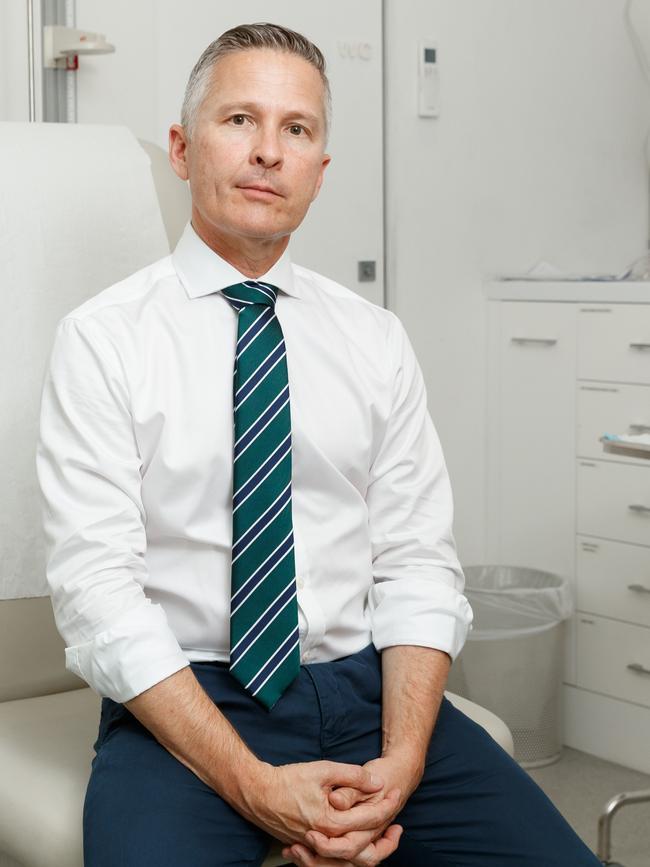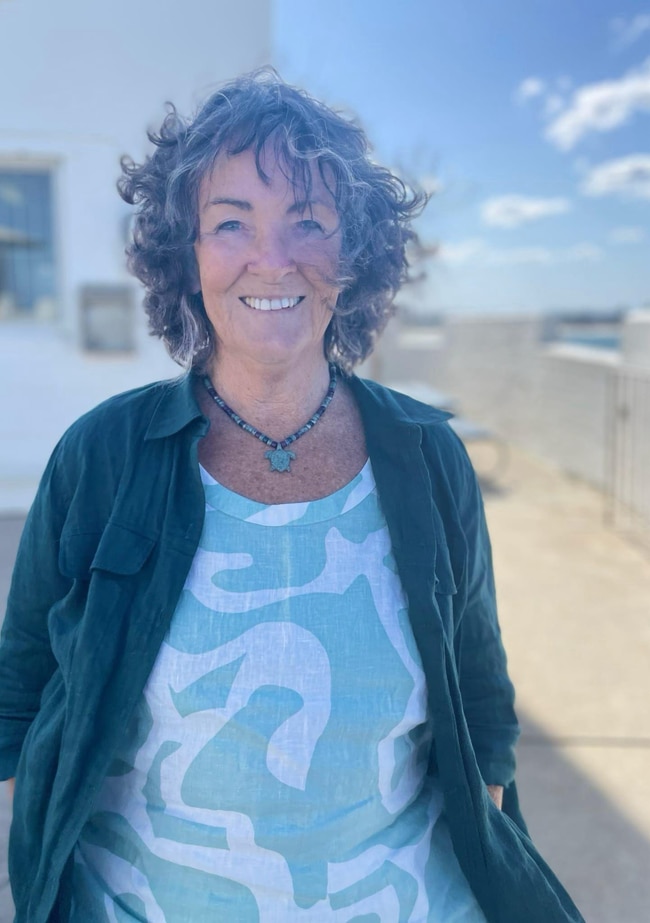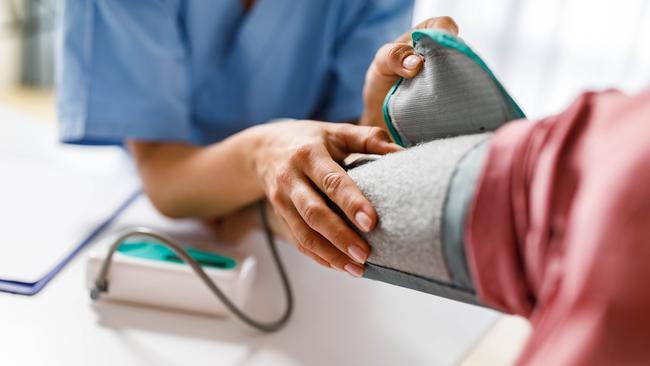Have we forgotten this simple rule for living well?
Forget lotions, potions and supplements offering a slice of eternal youth and safeguards against ageing; there’s something all of us can do to live better for longer.

These days, wherever we look, people are trying to sell us ways to slow or stop the dreaded march of time, from anti-ageing products to life-prolonging diets and miracle supplements. But the truth is, the easiest way to live a longer, healthier life is to find a GP and spend more time with them.
Studies have shown patients who regularly see the same GP live longer, go to hospital less and are more productive and happier. There is no substitute for the high-quality care you get from a specialist family doctor who knows you and your history.

Like most GPs, I’m always trying to balance priorities. I have lots of patients with several health conditions and it can be challenging to work out the most pressing issues and what we should prioritise during and after a consultation.
It’s hard to find enough time to provide the comprehensive, tailored care we know gets the best results while also keeping appointments available for the next patient who may need to see me.
As more and more Australians are living with chronic health conditions such as asthma or diabetes, and many of us with several conditions, the complexity of the care our patients need grows. For a long time, the standard GP consultation has been 15 minutes or less.
But, increasingly, this is not enough time to deal with immediate problems. It takes longer than 15 minutes to manage someone’s complex diabetes or heart disease. You need more than 15 minutes to sit with trauma or grief or anxiety and make a care plan, and more than 15 minutes to truly listen, understand and build trust.
As GPs, we spend our days carrying the weight and complexity of trying to work within a structure that for a long time has rewarded speed over connection and quality. Not having enough time to deal with issues makes it harder for patients, for me as a GP and for everyone involved in providing care.
And patients such as Dael Allison from Fingal Bay in NSW carry the consequences of trying to squeeze complex health issues into carefully rationed minutes.
Dael Allison’s story, in her own words
As a 72-year-old woman living in regional NSW, I am lucky to have a wonderful, compassionate, local GP and we have a great relationship. But living in an area with a high proportion of older residents, many with complex needs, I am very aware of
how hard he works to stretch his time to deal with the numerous issues we face as we age.
I have learnt to be as efficient as possible with my visits because shorter consultations make that necessary.
Six months before I was diagnosed with cancer, my doctor had referred me to hospital an hour away for excessive bleeding, but the doctor there was rushed and didn’t recommend further tests.

I was halfway through a PhD and had developed anxiety due to severe arthritis in my lower back, which made it hard to sit at a computer. I was also reluctant to keep going back to my GP when we had both been told everything was clear. But he remained concerned and ordered more tests. The time he had spent getting to know me over the years saved my life.
That is because in January 2022 I was examined under anaesthetic and told I had advanced endometrial cancer and needed an urgent operation. Time with my GP became even more important as I underwent radiotherapy and chemotherapy during the following six months. There was so much I needed to discuss with my doctor, particularly severe leg pain and issues walking that later led to lymphoedema.
In two years I hope to learn that my cancer is in remission. I have completed my PhD but still live with anxiety, advancing arthritis and cataracts, and the lymphoedema in my left leg requires extensive management.
When the clock is the loudest voice in the room, it’s both the doctor and the patient who pay the price.
My GP always tries to make time for me, even when this means a consultation much longer than the 15 minutes allocated. I value each of those extra precious minutes, but I also know if I need a more urgent consultation there’s a strong chance I will be directed to different
doctors who won’t know my patient history, which means more explaining and more time slipping away.
When the clock is the loudest voice in the room, it’s both the doctor and the patient who pay the price. We need to move past the myth that spending more time with our GP is a luxury. For people such as me, with complex conditions, longer consultations are a lifeline.
The fix, according to the RACGP

With 61 per cent of Australians living with at least one chronic disease, longer consultations are key to strong primary healthcare. Our current health system was designed a long time ago and provides more incentives if you have quicker patient turnover and quicker consultations. We need time to care. And time costs money. Giving people more time, and paying GPs appropriately for spending that time, is how we unleash the potential of our health system to keep people well in the community.
I think of the resilience of so many of my patients and of my colleagues in dealing with complex health issues.
By having more time to provide care, we can improve the health of our nation, as well as the health of our GPs and other healthcare workers. We need every one of them.
In a cost-of-living crisis, general practice care is more important than ever. Unfortunately, we hear that more people are delaying or forgoing care because they can’t afford it or they can’t get in to see their family doctor.
The healthcare commitments made by the federal government this year represent an exciting opportunity to build the general practice workforce we need to ensure everyone can access the affordable, comprehensive care they need – but more work remains.
If we want Australians to live longer, healthier lives, we need to value the time they spend with their GP. I value being a GP, and I know when we have time to properly manage chronic health conditions and mental illness, patients receive more comprehensive care, have better health outcomes and can avoid expensive trips to the hospital.
That is good for individuals, families, communities and the economy. When it comes to general practice care, we must put more value on time – before we all run out of it.
Michael Wright is president of the Royal Australian College of General Practitioners.




To join the conversation, please log in. Don't have an account? Register
Join the conversation, you are commenting as Logout